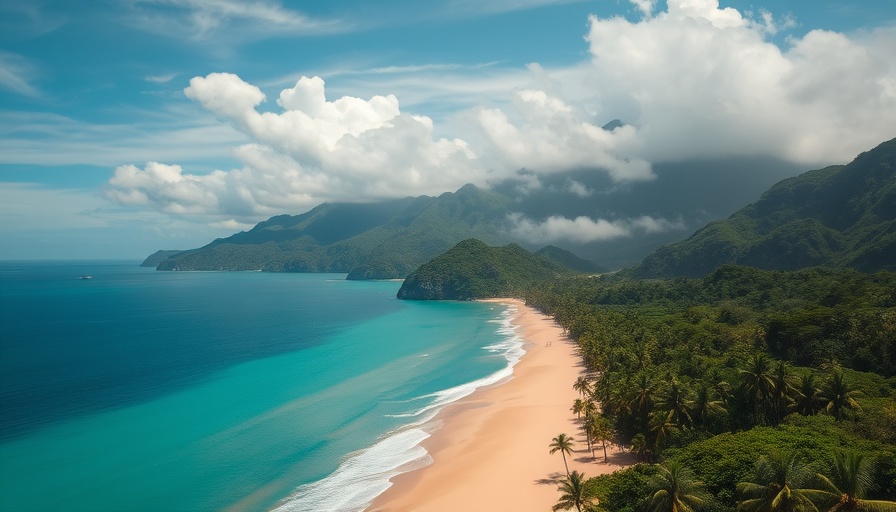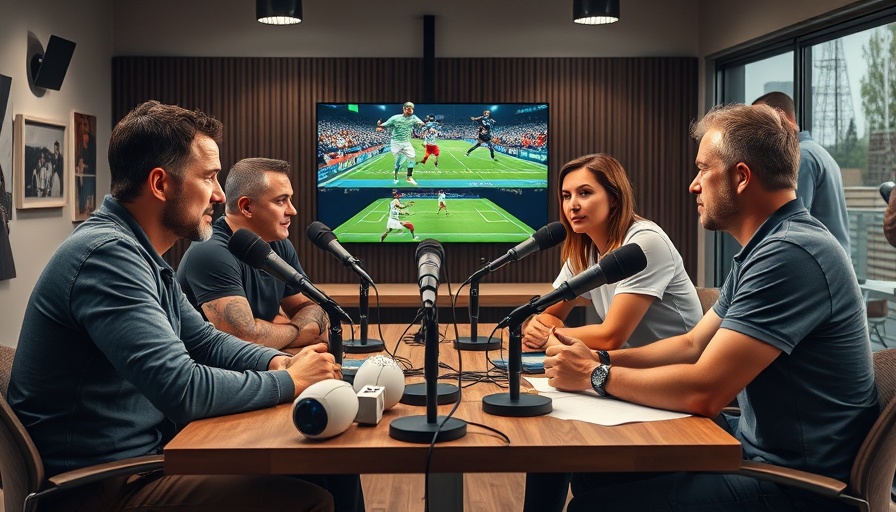
Deciding Between Beach, Mountains, and the Central Valley in Costa Rica
As Costa Rica offers an impressive array of climates and lifestyles within its borders, choosing where to live can be a complex decision. Whether you prefer the sun-soaked beaches, the cooler mountain air, or the vibrant life of the Central Valley, knowing the climate, cost of living, and community dynamics can greatly affect your experience.
In Beach vs. Mountains vs. Central Valley: Where to Live in Costa Rica?, the discussion dives into choosing the ideal living environment in this diverse country, which sparked deeper analysis on our end.
Understanding the Climate
The climate is a primary concern for many considering a move to Costa Rica. Living at the beach often means dealing with high humidity—often above 70%—and heat. This is a stark contrast to the cooler, fresher mountain air. The Pacific coast experiences significant differences between its Northern and Southern regions, with the Northern Pacific generally offering slightly more manageable conditions.
If you are someone who despises heat, the beach may not be the right choice for you. In fact, many beach towns become unbearably hot during the rainy season, making air conditioning nearly a necessity. Conversely, living in the mountains can mean weathering heavier rains—but these areas tend to be cooler, providing a refreshing escape from the warmer coastal regions.
Cost of Living Considerations
Your budget will significantly influence your decision. Generally, beach towns are more tourist-centric and thus, more expensive. Locations like Tamarindo rank higher within touristy areas, causing real estate and grocery prices to soar. On the contrary, smaller towns or locations further from popular destinations can provide more affordable living options without sacrificing quality of life.
Similarly, while mountain towns like La Fortuna might have higher living costs, particularly in tourist areas, you can often find better deals if you are willing to commute just a bit from the center.
Transportation and Accessibility
Accessibility varies greatly among Costa Rica's regions. Beach towns often allow residents to walk to amenities like grocery stores and restaurants, making it easy to live without a car. Alternatively, mountain towns might be spread out, requiring you to have your own vehicle for convenience.
Whether you reside in the Central Valley, which boasts excellent public transport options, the beaches, or the mountains, knowing how transportation fits into your lifestyle is crucial. Some might prefer the excitement of beach life, but if you need to travel frequently, being too remote from transportation hubs might pose an issue.
Quality of Life: Community and Amenities
Quality of life encompasses not only environmental considerations but also community engagement and amenities. At the beach, you’ll find a more laid-back lifestyle with outdoor cafes and activities. However, the transient nature of tourism may lead to feelings of isolation if you’re not careful in carving out a social life.
On the other hand, living in the Central Valley allows for a wider circle of potential friends and social connections due to its larger population. Despite the initial difficulty of meeting friends in the vast city, deeper and lasting connections might emerge, fostering a stronger support network.
Environmental Challenges and Preparedness
Every location comes with environmental factors and challenges. Staying informed about local natural disasters, such as flooding or wildfires in mountainous areas, is vital for making a well-rounded decision. While the Central Valley experiences less flooding, it’s not entirely free from natural events.
Consider how your living environment might change with climate shifts global warming poses to the region. Preparing for these possibilities can ease the transition to your chosen locale, whether by being part of community readiness plans or knowing whom to contact in case of emergencies.
Finding Your Place: Making the Right Decision
The right choice of living area in Costa Rica will rely heavily on your preferences regarding climate, cost of living, transportation, and community. Engaging in scouting trips is recommended to experience these places personally. As any seasoned expat will tell you, understanding your own tolerance levels for heat, social engagement, and geographic isolation will guide you in evaluating the options available.
Investing time to explore each possible location can save you from costly mistakes. After all, whether you're soaking up sun at the beach or sipping coffee in the cool mountain air, the ultimate goal is to create a warm and welcoming home for yourself in this beautiful country.
For anyone considering relocating to Costa Rica, make this journey easier by reaching out to local relocation experts. They can help you find not just a home, but a community that aligns with your lifestyle and values.
 Add Row
Add Row  Add
Add 




Write A Comment